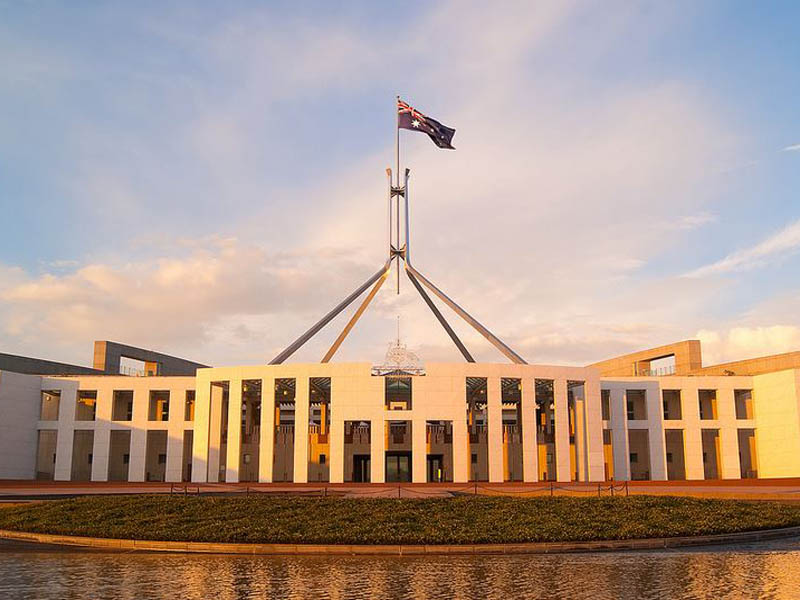When the Christchurch terror attack took place on March 15, it didn’t take long for the New Zealand tech sector to put out a uniform condemnation of the terrorist and his shocking use Facebook to live-stream his violence.
Not only did they condemn the attack and paid their respects to the family and friends of the victims, but there was an underlying message that called for industry and government cohesion.
Graeme Muller, chief executive of NZTech, which is responsible for coordinating the New Zealand Tech Alliance that represents 20 independent technology associations, said in a statement that “questions are rightly being asked about how this act was not anticipated by intelligence services and how he could live-stream such an atrocity.”

“Censorship, free speech, accountability and responsibility are important issues, which along with gun law, will be closely examined in the weeks ahead,” he wrote.
“But let’s pause for a moment and acknowledge our overwhelming reaction of compassion, inclusiveness and echoing our Prime Minister’s words #TheyAreUs. Online, we have collectively rejected hate and shared a strong message of peace.”
Similar messaging was shared by FinTechNZ general manager James Brown who said how important it is to “support and strengthen the diverse communities that make this progressive country.”
The same cannot be said about the Australian tech industry groups.
There has not been a single statement from some of the country’s major tech representatives – Internet Australia, the Australian Computer Society, or the Australian Information Industry Association (except the odd media interview).
These are the same industry groups that are meant to be the voice of the tech sector.
The mute reaction of the local associations only highlights just how disjointed and disparate the tech sector truly is on issues of collective interest.
It is no wonder that politicians have found it so easy to ignore the local tech industry, with its fragmented voice.
There was almost zero consultation with the local sector before the passage of the extreme social media laws that see executives threatened with massive fines and jail-time. Media and telecommunications companies managed to get a seat at the table – along with the global tech providers – but the local industry was out in the cold.
Before that it was the encryption laws late last year where the local sector could not get its voice heard.
The lack of respect among lawmakers isn’t anyone’s doing but the tech sector’s, and its inability to unite on all fronts.
Instead, what we have is the federal government setting up a so-called social media taskforce to appease the knee-jerk outcries of the tech sector to the new social media laws.
Prime Minister Scott Morrison claimed it would help bring “government and social media companies together will ensure we are all working together to deny terrorists the opportunity to use social media as part of their hatred and violence.”
New Zealand is a model in many things, and the ability of its tech industry groups to co-ordinate may be another. The Australian tech sector cannot remain fragmented divided when it comes to major policy issues.
Do you know more? Contact James Riley via Email.

